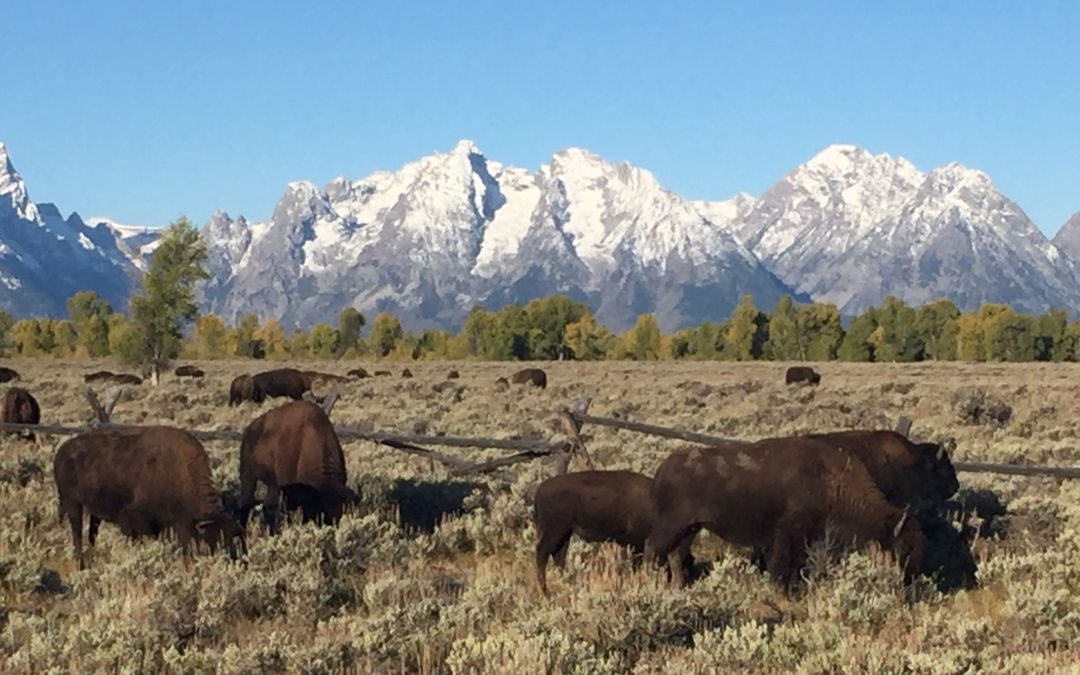The Fourth of July is next week, making this the perfect time to reflect on the framing and evolution of our identity as a nation. The Declaration of Independence famously promises that every person has the right to “Life, Liberty, and the pursuit of Happiness.” Most people reading this today would reasonably assume that the pursuit of happiness refers to the act of striving for happiness. Historians have noted, however, that this particular phrase in 1776 would have referred to the active experience of happiness, or the practice of happiness. Many historians also believe that the framers are not referring to fleeting happiness but to a broader sense of happiness that more closely aligns with wellbeing today. In addition, the Declaration of Independence states that “to secure these rights, governments are instituted among men.” This can reasonably be assumed to mean that the role of government is to ensure these rights, including that of wellbeing.
At OneNaure, we know that nature is an integral part of human wellbeing. The fact that a third of all species in the US are at risk of extinction is a tragedy and not in alignment with these rights guaranteed to us as citizens of the United States.
In this country, we have a very complicated relationship with nature. For much of the nation’s history, most Americans looked at nature as a rival, or at best as a resource. That outlook led to efforts to “tame” the environment rather than to understand the natural world and live in harmony as part of it. We built levees, filled in wetlands, felled vast forests, and exterminated entire species of animals. And while that worked for a while, allowing the population and the economy to boom, ultimately the “traditional” American model is failing. It is becoming more and more apparent that as we tear down natural ecosystems and destroy other animals, we are not creating a better, tamer world, but unbalancing fragile systems and putting our own wellbeing at risk.
The good news is that American attitudes are shifting. As the consequences of an antagonistic relationship with nature become ever more apparent – a climate crisis, mass extinction, and a global pandemic borne of wildlife exploitation – more Americans are reevaluating the proper way to connect with the natural world. A study from 2019, even before COVID-19 caused an surge in outdoor activity and an international reckoning on wildlife markets, found that the traditionalist view of animals as a resource is in decline across the United States, and that a mutualistic view – where animals are valued as fellow-beings worthy of respect and autonomy – is gaining precedence.
Over the past year and a half, many of us experienced the desire to go out in nature as a way to cope with the stress of the pandemic. That’s because nature is fundamental to human happiness. Our modern economic standard considers GDP as a single benchmark for success, and nature is seen first and foremost as a commodity. This needs to change. We need to shift our cultural idea of “wealth” back to its original definition, which is wellbeing. The wellbeing of nature and the wellbeing of humans are deeply interconnected. Only by challenging our priorities as a society can we expect our lawmakers to start measuring progress where it matters most – namely, the overall wellbeing of our citizens, our wildlife, and our biodiversity.
